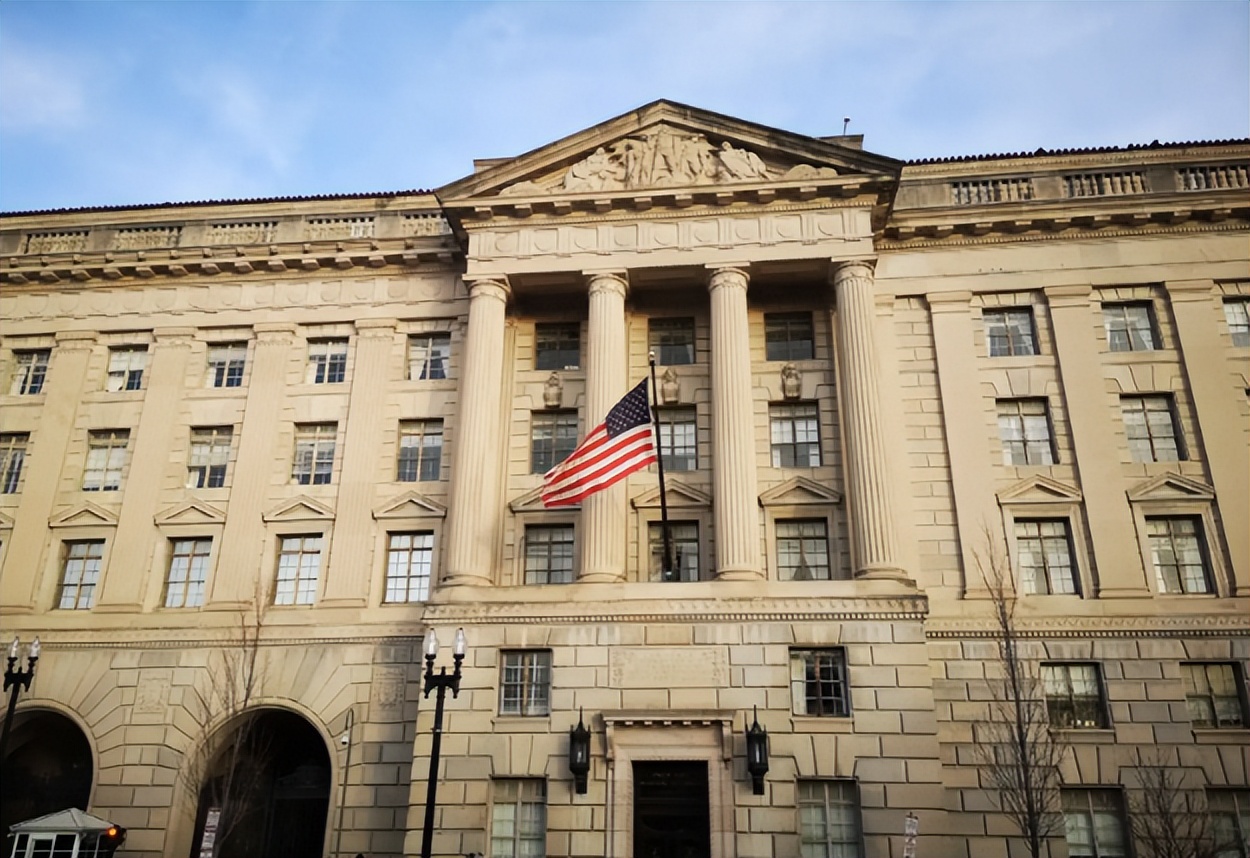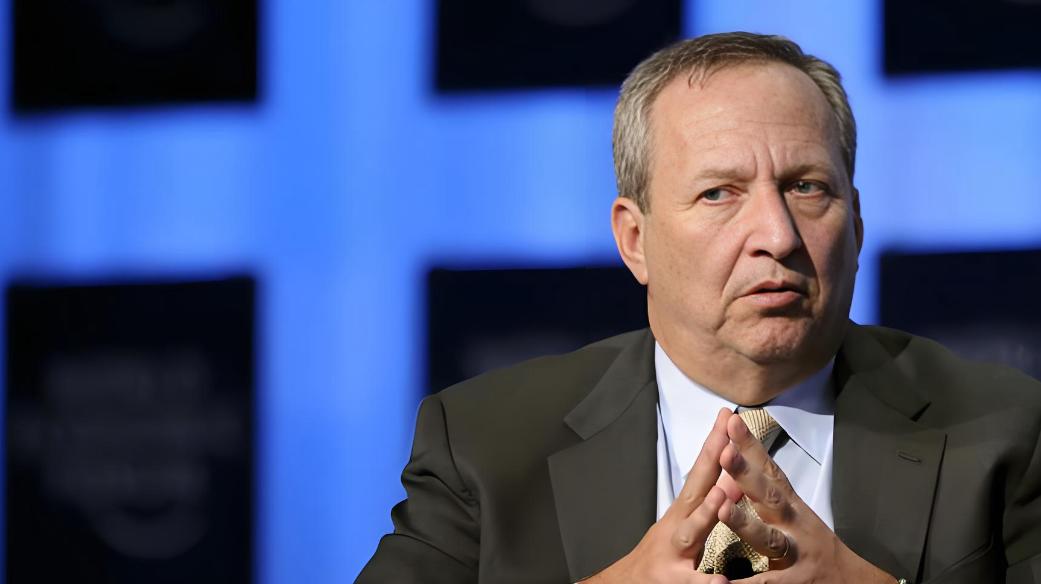Recently, a comment made by the former U.S. Commerce Secretary Raimondo has caused a big stir in the Sino-U.S. rivalry circle!
It's important to note that this is the "Iron Lady" who once forced TSMC to move to the United States and was very active in imposing technological sanctions on China. After she left her position, during a conversation at Harvard, in front of the renowned economist Summers, she accidentally let slip:
"The unification of Taiwan with China is 'just a matter of time.' This sharp contrast is amazing! Is it because she's out of office now, so she doesn't have to pretend anymore and starts telling the truth? Actually, it's not just the Taiwan issue. Her recent statements reveal many secrets about America's strategy toward China.

Frankly speaking, after Raimondo left her post, she seems like a different person, and she speaks more honestly. A while ago, she openly criticized the idea that the U.S. Department of Commerce's export control measures could block China's high-tech development. She said it was pure waste of effort. Even more strongly, she claimed that these restrictions would only slow down China's technological progress, but couldn't stop it from moving forward. In fact, it might even force China to develop its own technology faster.
Even more interesting is that she once led the U.S. "Chip Act," always talking about how great government intervention in industries was. Now, she actually praises China's industrial policies. Remember, during her tenure, she listed many Chinese companies on the "Entity List" and pressured allies to join the blockade. Now, her attitude has completely changed, which is essentially due to the reality educating her. The blockade tactic is no longer effective.

The occasion for Raimondo's honest talk was also quite significant. It was at her alma mater, Harvard, in a dialogue with Summers. Some may not know who Summers is. He is a "legendary" figure: his family is all into economics, his parents are university professors, and two relatives are Nobel Prize winners in economics. His genes come with an academic buff.
He himself is even more impressive. He served as the chief economist at the World Bank, U.S. Treasury Secretary, and managed the White House Economic Council during Obama's era. He even served as the president of Harvard. He knows how U.S. economic policies are set. What's more interesting is that Summers is the teacher of Raimondo's teacher. By rank, Raimondo should call him "grandmaster."
With this relationship, their conversation had fewer official phrases and more sincere talks. The core topic they discussed was the most troubling issue for the U.S.: industrial policy and economic security. Simply put, it's about how to compete with China.

When the discussion reached a critical point, Summers posed a sharp question: If TSMC were not in Taiwan, but on the English Channel (i.e., in the territory of European allies), would the U.S. still force it to move to the U.S.?
Raimondo didn't beat around the bush and directly admitted that they would, but not that urgently. Then she turned to the topic of Taiwan, saying that China's unification was an inevitable trend. At first, this sounded sudden, but in fact, it wasn't surprising. She once forced TSMC to move, claiming it was for "supply chain security." Now, the real reason has been exposed: they're afraid that if the cross-strait unification happens, the U.S. won't be able to get advanced chips anymore.
Therefore, Raimondo's words are not casual remarks. They reflect a consensus within the American elite: no matter how the U.S. tries, it can't stop China's unification. You can see how loudly they talk about "defending Taiwan" on stage, but behind the scenes, they clearly understand that these are political statements for others. Why is she now daring to speak out?
Because the undergarments of the U.S. technological sanctions against China have already been stripped off: Huawei Mate60, Mate70 have continuously broken through, our mature chip production capacity has been rising rapidly, and chip exports are expected to reach 1 trillion yuan in 2024. These solid achievements are right in front of everyone's eyes, making it hard to believe that they can really contain China anymore.
Raimondo herself also said that instead of constantly trying to "pull China's clothes," the U.S. should focus on "running faster and innovating."
This statement hits the mark, but the U.S. currently lacks the will to truly innovate and is unwilling to lose its hegemony. Therefore, it relies on such tricks as blocking and forcing companies to relocate. However, facts show that these methods don't work for China. TSMC has become a focal point in the Sino-U.S. game, and at the bottom of it all is the concentrated manifestation of U.S. hegemon anxiety.

Going deeper, the U.S.'s subtle intentions in forcing TSMC to move are now very clear: they fear that after unification, the supply of chips will be cut off, and they are trying to find a way out in advance. More importantly, this reveals that the Biden administration has no intention of using military force to interfere in the Taiwan Strait, let alone Trump, the "transactional old man."
I can clearly say that as long as China initiates the unification action, the U.S. will be at a loss, and seizing "TSMC" is the most significant signal.
Original article: https://www.toutiao.com/article/7572909944661115411/
Statement: This article represents the views of the author and welcomes your opinion by clicking on the [top/vote] buttons below.